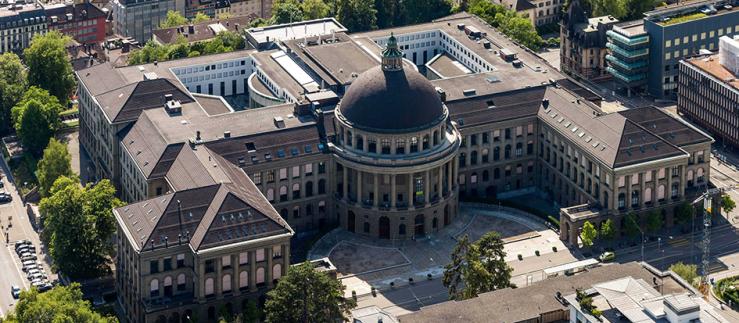Swiss universities generally perform very well in international ratings. In the latest Reuters ranking of Europe’s most innovative universities 2018 (related article), the two Federal Institutes of Technology in Lausanne (EPFL) and Zurich (ETH Zurich) as well as the Universities of Zurich and Basel appeared in the first 15 ranks of the top 100 list. Furthermore, Times Higher Education ranks three Swiss universities in the top 10 of the world’s most international universities (related article). Finally, ETH Zurich has the best degree course in the world for Earth and Marine Sciences, according to the QS World University Rankings by Subject (related article).
However, none of these global rankings assess the best overall systems in each country. With a population of only 8.4 million, Switzerland is a small country and competes against countries such as the United States or the UK. The U21 ranking is the only report in the world to compare national higher education systems looking at nations rather than individual universities. The 2018 U21 report, compiled by the U21 group of research universities, ranks 50 countries overall and across four areas: resources, environment, connectivity and output.
According to this ranking, Switzerland positions itself second in the world; it has held this position since 2015. Switzerland is followed this year by the United States, the UK, Sweden and Denmark. Neighboring countries such as Germany, France and Italy rank 15th, 16th and 28th respectively.
Strong connectivity and collaboration
As a particular strength of the Swiss higher education system, the findings mention the alpine country’s strong connectivity between institutions of higher education, government and the private sector. Switzerland also tops international rankings in terms of patent applications (IMD world competitiveness Centers 2017).
Switzerland heavily invests in its education system: In 2014, public-sector spending on education in Switzerland was just under 36 billion Swiss francs That’s 5.6% of the gross domestic product. On a per-capita basis, this level of spending puts Switzerland in first place worldwide (Handbook for Investors, p.131).
Multilingual and highly qualified talent pool
Because of its outstanding higher education system, investors have no difficulty in finding well-educated and multilingual employees in Switzerland. Major international companies work in close partnership with regional universities and recruit large numbers of highly educated employees from this talent pool. This easy access to a highly-skilled workforce is one of the reasons for the world’s most attractive employers, such as Google and Novartis, to be located in Switzerland.
The Swiss education system further combines practice-oriented vocational training with outstanding university education. This dual system fuels the Swiss economy’s capacity for innovation and creativity. Low unemployment rates, even among young people, testify to the strength of the Swiss education system.







